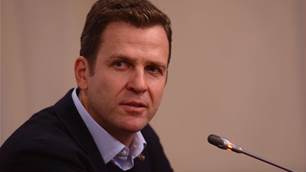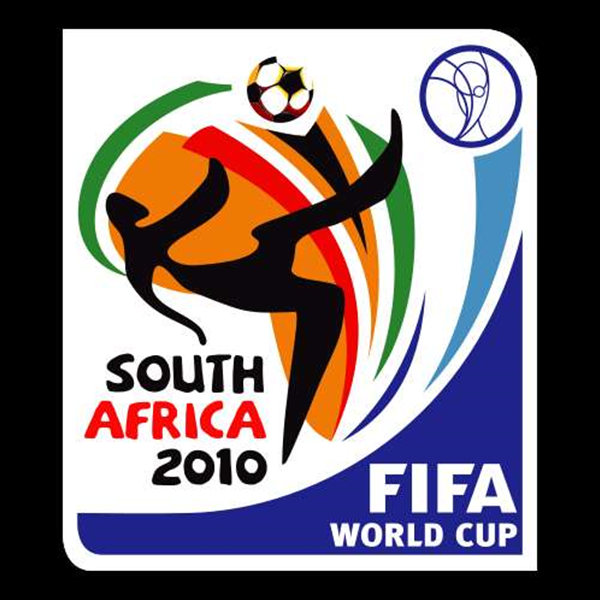WORLD Cup organising chief Danny Jordaan is confident that South Africa will finish up as the second-best attended tournament since 1982.
Reliable attendance figures only stretch back to the finals 28 years ago in Spain, with the 1994 tournament drawing the biggest crowds since then as the American hosts made use of vast stadiums more commonly used for gridiron.
FIFA have accepted there has been a problem with empty seats at some venues in South Africa so far, which they attribute to no-shows and a breakdown of transport arrangements laid on for parties who have bought tickets in bulk.
Jordaan, the chief executive of the World Cup's local organising committee, believes South Africans are slowly catching on to the concept of using public transport and thinks the 2010 edition will come close to the attendance records set in 1994.
"We may end up selling more tickets than Germany in 2006 in the end which would take us to the second-highest ticket sales in the World Cup," he said.
"That is simply because of the capacity of the stadiums - we have big stadiums in this country. The United States had some stadiums with huge capacity, so I think we may end up with the second-highest number of tickets sold for a World Cup."
Gridlock around the Soccer City stadium in Johannesburg meant there were a large number of unoccupied seats during the World Cup opening ceremony and the first match which followed it, and organisers are working in conjunction with the local authorities and the police to prevent any repeat for the final at the same venue on July 11.
"We have had to bring about a transport revolution," Jordaan said.
"In South Africa it's one person, one car, and we want them to use public transport. The train into Soccer City can take 2,500 passengers at a time, and we planned 10 trains, but they were under-utilised - too many people tried to get there by car. We have to look at a plan for the final which restricts the number of cars coming to Soccer City to give us a better flow."
Jordaan is concerned by increasing reports of ticket sales on the black market and encouraged the public and the media to support the efforts of South African police to stamp it out as much as possible, but added that the issue was not unique to South Africa.
He said: "Unfortunately this has accompanied every major event, every World Cup, every European final. We can continue to deal with the problem but the problem is as old as the event itself."
Another less serious problem for the World Cup has been the lack of goals with just 28 scored in the first 17 matches.
Jordaan is confident the goal average will go up as the tournament progresses and refused to accept the tournament ball - the Jabulani - had anything to do with it.
"The teams have trained with these balls long before they arrived here - this is how football works, you never blame yourself, you find something else to blame," he said.
"Invariably teams go into their first game with an approach that says 'worst-case scenario I must get one point, if the other team make a mistake I might get three'. But in the second and certainly the last (group) match the scenario will change, teams will have to win to qualify for the second round."
Related Articles

Spain versus Italy to go ahead

Germany preparing for World Cup success













